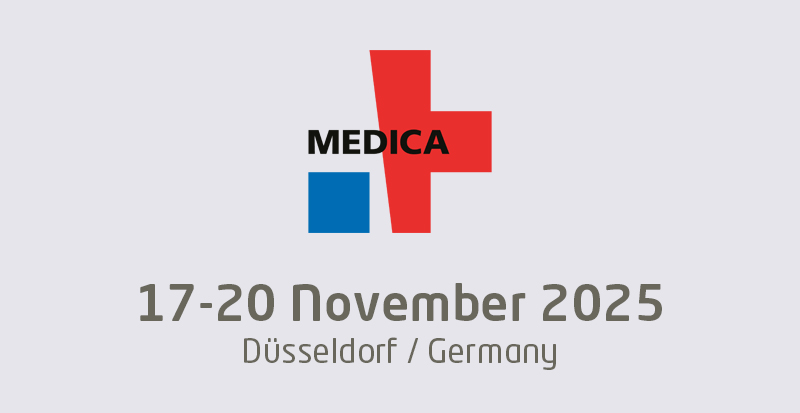EHR systems and their ability to improve clinical workflows is a heated point of debate between different healthcare professionals. Some believe EHRs are critical for improving clinical workflows while others say they are a hindrance.
Despite this debate, it is critical to understand how EHR use can work to improve a healthcare practice. After all, most of the industry is using these tools, with adoption up to nearly 100 percent. While providers either love or hate EHRs, it is clear that these technologies are not going anywhere.
As a result, users may want to consider adopting a set of practices to ensure their EHR use best ensures improved clinical workflow.
Develop a workflow plan prior to EHR project
Whether a practice is adopting an EHR for the first time, replacing their old one, or undergoing an optimization project, it is important that practice leaders develop a revised workflow plan taking into account the new technology.
EHRs and their many functionalities are guaranteed to change the way in which providers approach their workflows, so anticipating that change and mitigating any potential disruptions is critical for ensuring a smooth workflow transition.
According to the Department of Health & Human Services, EHRs may affect a practice in the following ways:
- Manages messages
- Schedules patients
- Checks patients in
- Rooms patients
- Conducts exams
- Renews medications
- Checks patients out
To prepare for these changes, HHS suggests practice leaders look at their current workflow through a technology lens and move forward from there.
“Look at all aspects of your organization from an electronic point-of-view,” the agency says on its website. “Efficiently managed workflow redesign can help maximize efficiencies, enhance healthcare quality and safety, remove chaos from your current workflow, and improve care coordination.”
Utilize EHRs to improve care coordination
Care coordination is the ability for different members of a care team to communicate with one another about an individual patient’s care. Through robust care coordination, a team may be able to eliminate duplicate tests or unnecessary treatments, not only saving money, but eliminating a burden on the team and the patient.
EHRs enhance care coordination by automating the communication process. Through robust health information exchange (HIE) providers even in disparate locations are able to collaborate using a patient’s data.
Through computerized physician order entry (CPOE), one of the primary functionalities of the EHR, physicians can enhance the efficiency of ordering tests or treatments and share patient information. CPOE may also reduce errors due to handwriting or confusion with paper ordering.
Streamline clinical documentation improvement
A significant EHR function is clinical documentation, or the coding of a patient’s clinical status. In improving this process through optimized EHR use, providers can enhance the quality of patient care and improve the efficiency of the hospital.
CHRISTUS Health in Texas recently began leveraging health IT for clinical documentation improvement. In an interview, the health system’s CIO Luke Webster said part of this effort was prompting providers to code as they worked.
“One of the hopes (and obviously the plans that we have in place) is to leverage that foundational technology to improve clinical documentation real-time, such as prompting providers as they document,” said Webster.
“For example, if you state that you have a patient with congestive heart failure and you don’t qualify what type or condition, then the system can prompt you real-time for more specificity, which obviously benefits us in terms of clinical quality but also downstream billing and collection rates,” he detailed. “With the capture of much more discrete data, then that helps us with secondary uses of that data in terms of research and iterative improvements in care processes, etc.”
Utilizing EHR functionalities holds great promise in making the clinical documentation process more efficient, thus improving the hospital’s overall workflow.
Know when to start an EHR optimization project
EHRs rarely function perfectly on the first try. After working with a new technology for some time, practice leaders may be able to identify inefficiencies and work from there to improve them.
An EHR optimization project requires a practice put together a team of both technology and workflow experts alongside hospital leaders. This team can work to establish goals for the project and develop new technological fixes to achieve those workflow goals.
EHR optimization is an integral part of leveraging the technology to improve clinical workflow. Simply because a practice as adopted and implemented an EHR does not mean the hospital will automatically function more effectively. Understanding how to improve is key.
A recent Black Book survey shows that most hospitals are thinking about this. The survey showed that 76 percent of larger practices were ready to undergo an EHR optimization project in light of the push for value-based care models.
As value continues to receive more emphasis, hospitals will need to assess how they use their technology to support it. In improving clinical workflow through EHR best practices, healthcare organizations may be able to increase value, making them more viable in the changing healthcare landscape.























